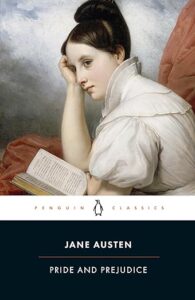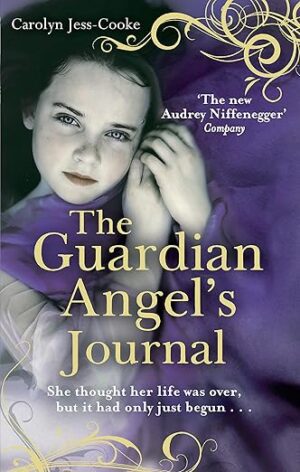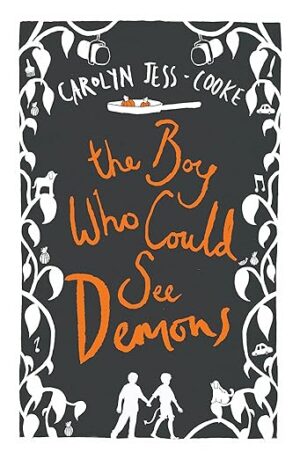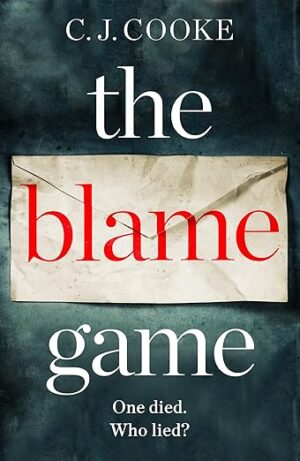When I was asked to write a short piece on the worst book I’ve ever read, and why I thought it was so awful, it didn’t take me long to choose. I know my choice will be a tad controversial, as the book (and the writer) in question are revered in university literature departments everywhere. But all that reverence hasn’t changed my mind.
There are lots of very bad books on shelves, but you tend to forget about them the instant you’ve read them. Bad writing can still make an interesting novel because of its themes and characters, while a good writing style can still mean the story itself is over-blown and dull, all of which can be influenced by when the book was written, and the political/social mores of the time.
Thus it was with my chosen book, Pride and Prejudice by the over-revered Jane Austen. I can almost hear the collective gasp of shock, but I maintain that for me it was the worst book I’ve ever read, an opinion that was reinforced when I reread it to write this piece.
I first read it in my mid-twenties because I was told that Austen was a genius and that the story was a wonderfully witty romantic novel of manners, where the heroine, Elizabeth Bennett, learns about the repercussions of hasty judgements and comes to appreciate the difference between superficial and actual goodness. Perhaps because I was reading a lot of American writers like Steinbeck, Asimov and Salinger, whose work was crisp and sharp, ploughing through Pride and Prejudice’ was like watching literary paint dry. I found it turgid and tortuous, the story repetitive and over-written, and the characters intensely irritating.
All of them, from the loquacious Mrs Bennett, to the brooding and moody Darcy, via the interminable (and interchangeable) sisters, cousins, aunts and their wretched suitors were incredibly annoying. I wanted to slap them all, even Elizabeth who was written as a supposed intellectual free-thinker and proto-feminist.
Rather than underlining Austen’s literary genius, I thought her style lugubrious and stodgy, the language over-blown and verbose – why use only 10 words when you could use 30+. There was none of the crispness I had come to admire in Steinbeck, for example, just endless repetition of misinterpreted/misguided perceptions and emotions, with the ultimate message that, like Frankenstein’s monster, you shouldn’t judge a person by their appearance.
I could never see the so-called humour in the novel, which apparently lies ‘in the honest depiction of manners, education, marriage and money during the Regency era’. I read that this wit might be lost on a lot of readers who weren’t expecting something so subtle. Not subtle, just plain dreary – clearly we were thought too stupid to get it!
One of the first principles of writing is ‘write what you know’ and as an educated, middle-class woman, Austen knew her society and its strengths/weaknesses very well, writing about them endlessly, criticising what she saw in ‘Pride and Prejudice; and her other books ad nauseum. I hated the way the book reinforced gender stereotypes even though Austen disparaged them. And Elizabeth was such a hypocritical character; she married the wealthy and proud Darcy even though she’s spent almost the entire novel denigrating him.
I have always said that Austen wrote up-market Mills and Boon; the author of the Penguin Classics volume actually points out the ‘basic structural similarities between Austen’s novel and the Mills and Boon romance’, so I’m not wrong then. But a major flaw in this kind of romance, still apparent in the paperback romances available in supermarkets today, is how contrived they are.
This is certainly true of ‘Pride and Prejudice’. You know almost from the first terse exchanges between Darcy and Elizabeth that they will end up together, despite all the sniping and snarling, and her refusal of his preposterous marriage proposal based mainly on her ‘fine eyes’ and ability to argue with him.
How much more interesting and satisfying it might have been if Darcy had drowned in the lake (see Colin Firth in the 1995 TV series), and Elizabeth had spent the rest of her life regretting the missed opportunity, unhappy and alone. But that might have turned the story into a Bronte-style misery-fest, although it would still have remained verbose and stodgy. And I would still have thought it the worst, most turgid and tortuous book I had ever read.
Give me a good, juicy murder story any day!!
















